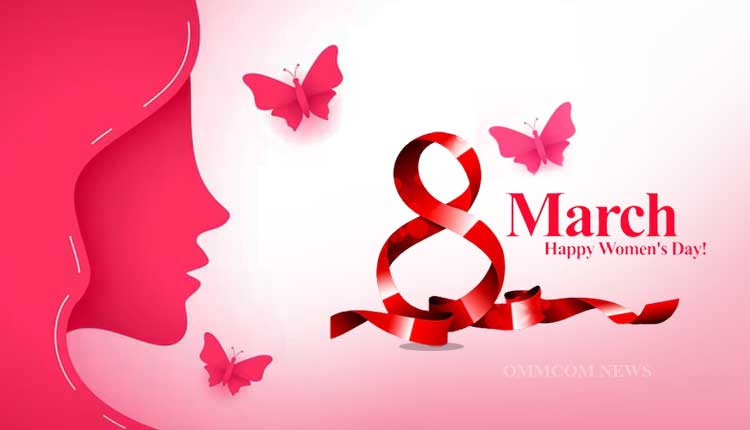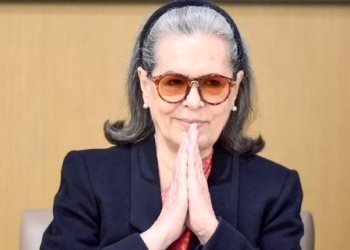International Women’s Day is a global celebration held annually on March 8, recognizing women’s accomplishments, promoting gender equality, and empowering women worldwide. This momentous day serves as a powerful platform to acknowledge women’s multifaceted contributions to society, economy, culture, and politics while advocating for their rights and interests.
The day is crucial in celebrating women’s achievements, raising awareness about existing inequalities, and championing a future where women have equal rights and opportunities. It’s a call to action, promoting collective efforts to break down barriers and challenge biases that hinder women’s progress.
Theme
This year it will be celebrated under the theme, ‘Accelerate Action’. The theme ‘Accelerate Action’ resonates deeply, urging us to acknowledge and amplify strategies that propel women’s advancement. This year’s theme is a rallying cry to recognize, support, and elevate initiatives that positively impact women’s lives, fostering a more inclusive and equitable society.
History
The origins of International Women’s Day date back to 1908 when thousands of women garment workers marched through the streets of New York, demanding better pay, shorter working hours, and voting rights. Spearheaded by the Socialist Party of America, this labour movement sparked a global wave of activism.
In 1911, International Women’s Day was first celebrated on March 19 in the United States and several European countries. Four decades later, in 1975, the United Nations officially designated March 8 as International Women’s Day, cementing its status as a global celebration of women’s achievements and a call to action for gender equality.
International Women’s Day is a testament to the power of women’s contributions, recognizing their cultural, political, social, and economic achievements. It serves as a poignant reminder of the progress made toward gender equality while also acknowledging the work that remains to be done.
Significance
International Women’s Day is a powerful symbol of global solidarity among women from diverse backgrounds, cultures, and socio-economic statuses. This day serves as a catalyst for meaningful discussions on policies and social norms that profoundly impact women’s lives, from gender equality and women’s rights to education, healthcare, and economic empowerment.
At its core, International Women’s Day is about promoting inclusivity, challenging systemic barriers, and advocating for women’s empowerment worldwide. It’s a celebration of women’s achievements, a call to action for gender equality, and a reminder that women’s rights are human rights.
The day encourages women to share their stories, raise their voices, and demand change. It’s an opportunity for women to connect, support one another, and build a sense of community that transcends borders and backgrounds.
Through International Women’s Day, women and girls are inspired to become agents of change, driving progress in their communities and beyond. The day serves as a powerful reminder that collective action can lead to significant positive change and that together, women can achieve great things.



















